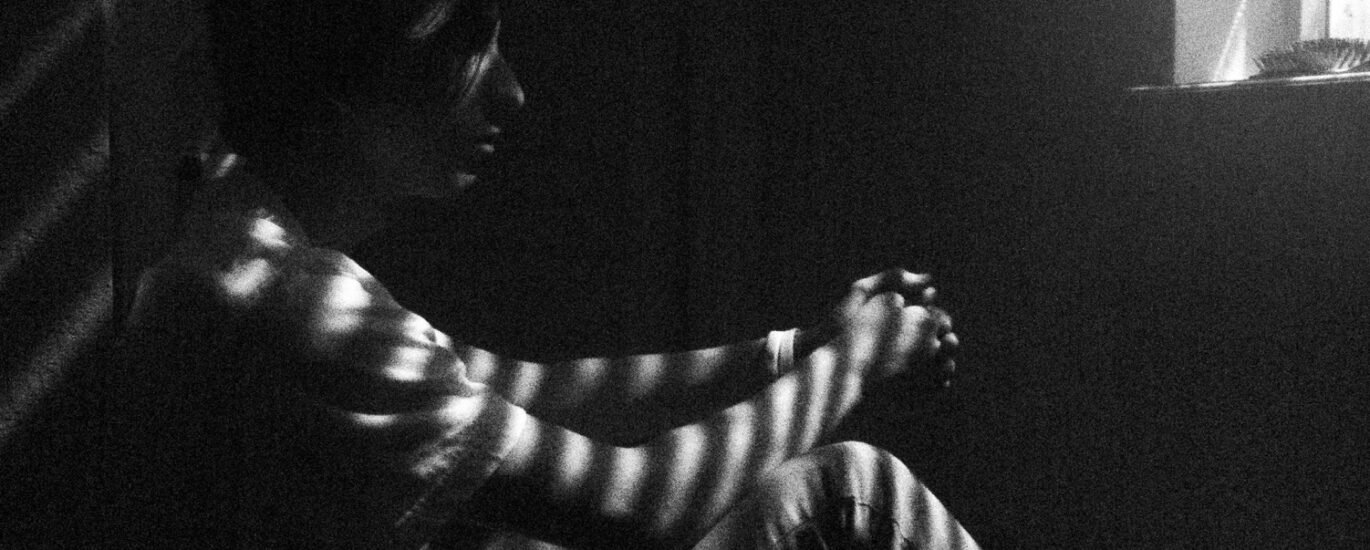Recent studies reveal an alarming truth: gay men in Sri Lanka face significantly higher rates of depression and mental health challenges than the general population.
A pioneering survey using the DASS‑21 scale found that 70.4% of LGBT participants in Sri Lanka exhibited symptoms of depression, with 34.6% experiencing extremely severe levels—compared to a national average depression prevalence of around 19.4% .
These elevated rates mirror findings from other global studies. Research shows that LGB individuals are 1.5 to 2.5 times more likely to suffer from anxiety or depression than their heterosexual peers . Entity-wide meta‑analyses underscore that gay and bisexual men, in particular, are at greater risk of suicidal ideation and attempts .
Mental health is a challenge for all societies, but in Sri Lanka, emerging data reveal an especially stark reality: gay men are disproportionately affected by depression. According to a recent study using the DASS-21 scale, over 70% of LGBT individuals reported symptoms of depression, with nearly 35% facing extremely severe levels. This contrasts sharply with the national average of 19.4% for depression in the general population.
These numbers are not mere statistics—they represent sons, brothers, colleagues, and friends who carry invisible pain in silence. Global research reinforces this pattern, showing that gay and bisexual men are 1.5 to 2.5 times more likely to suffer from anxiety and depression than heterosexual peers. Contributing factors include stigma, discrimination, and rejection—what psychologists call minority stress.
Why Gay Men Are More Vulnerable
Social Stigma Deep-rooted cultural taboos and negative perceptions around homosexuality foster shame and secrecy. Constant pressure to conceal identity can lead to isolation and self-loathing. Family Rejection Sri Lankan society places strong emphasis on family bonds. When those bonds fracture due to a person’s sexuality, the resulting rejection often compounds feelings of worthlessness and despair. Lack of Access to Care Mental health services in Sri Lanka are limited overall, and very few providers are trained to address LGBT-specific concerns. Many individuals fear seeking help due to discrimination or exposure. Silence and Denial Depression is often misunderstood or minimized in the wider community. This culture of silence prevents men from seeking support before symptoms escalate.
What Can Be Done—Even With Limited Resources
CJF Sri Lanka recognizes that large-scale reform takes time. Yet even with modest means, families, communities, and small organizations can take concrete steps today to reduce the mental health burden among gay men:
1. Foster Family Support
Studies consistently show that family acceptance is the single strongest protective factor against depression and anxiety in gay men. Families can practice small acts of inclusion—inviting their son’s partner to a meal, avoiding hurtful jokes, listening without judgment. Such gestures, though simple, can significantly reduce psychological distress.
2. Build Peer Networks
Friendships and support groups act as lifelines for those cut off from family or society. Community centers, local NGOs, or even informal gatherings can create safe spaces where men share their experiences without fear. WhatsApp groups or private online forums can serve as low-cost tools for connection.
3. Leverage Existing Faith and Community Structures
While some religious spaces have excluded LGBT individuals, others are quietly open to offering compassion and counsel. Identifying allies within faith communities—clergy, monks, or lay leaders—can open pathways for support grounded in shared values of dignity and care.
4. Promote Mental Health Literacy
Distributing simple, culturally relevant information about depression (warning signs, coping strategies, where to seek help) can normalize conversations. Flyers in Tamil and Sinhala, short social media videos, or local radio segments can reach wide audiences at little cost.
5. Encourage Professional Help-Seeking
Even when mental health services are limited, encouraging men to see a doctor, counselor, or psychiatrist early can prevent crises. Universities and hospitals often have free or low-cost counseling services that can be tapped into.
6. Champion Empathy
At its core, the most transformative action is a shift in attitude. Practicing empathy—treating gay men not as outsiders but as human beings deserving of love and dignity—requires no money, only willingness.
A Call to Action
The statistics may paint a sobering picture, but they also highlight an urgent opportunity. If communities begin with small steps—accepting their own children, creating peer networks, promoting mental health awareness—we can begin to reverse these trends.
CJF Sri Lanka is committed to supporting initiatives that foster inclusion, dialogue, and healing. Depression does not have to define the lives of gay men in Sri Lanka. With compassion, awareness, and collective action, we can build a society where every individual has the chance not only to survive, but to thrive.








